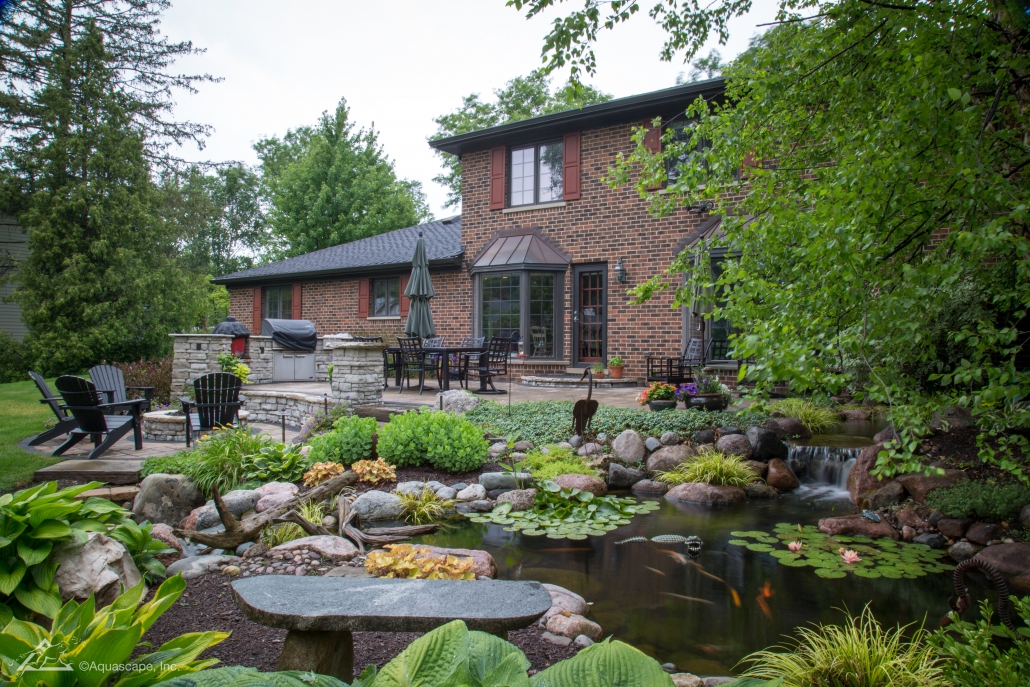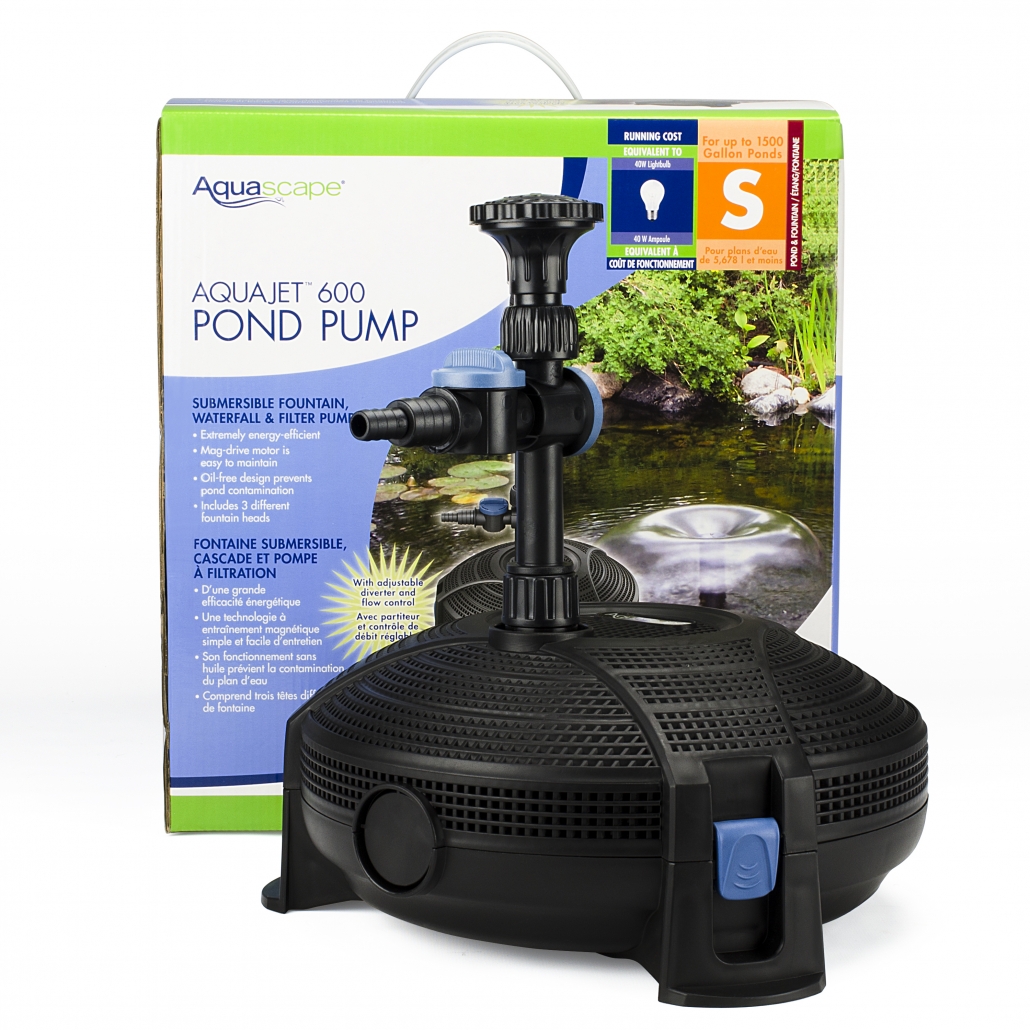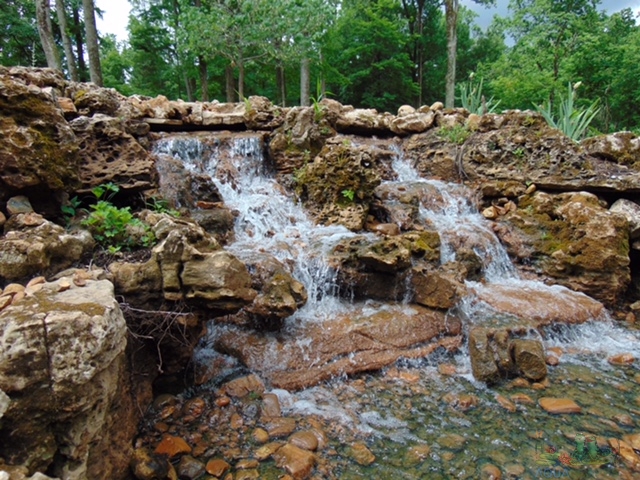What Kind of Pump Do I Need for a Small Fish Pond?
Needs differ between ponds that contain fish, which actively produce waste that is high in nitrogen, and ponds that contain only plants. A pump helps to keep water clear and full of oxygen, and it is necessary for a pond that has more than one or two goldfish, even if it has many plants. Buy the smallest pump you can for your small fish pond’s needs, taking into account whether or not the pump has filtration capabilities and its likelihood of damaging fish.

Continuous-Duty Model
Although a water garden or pond without fish can subsist well with a pump that runs intermittently, a pond with fish requires a continuous-duty pump. That pump should be designed specifically to run continuously. Other kinds of pumps may burn out after a short period, such as a few months. Use a pump powerful enough to recirculate your pond’s entire water contents every two hours.

Placement
Two main kinds of pumps exist: those that are mounted outside a pond and those that work underneath the pond water. Although the kind for under the water is more subtle and leads to a prettier effect because it isn’t visible, it is safer to use a pump that mounts above ground, outside the pond, for a fish pond. Its use avoids possible injury to fish, the delicate parts of which may be sucked into the intake portions of a pump that is in the pond water. Usually, a pump mounted outside of the pond water has piping outside the pond as well.

Filtration System
Pumps don’t necessarily include filtration systems. Many types just circulate the water in order to keep oxygen levels up and to provide the pleasing sound that many homeowners associate with ponds. Fish waste is high in ammonia, however; when it builds up, it can harm fish. Using a pump with a filtration system is wise, especially if your small fish pond tends to turn mucky quickly. A filter, though, can be installed separately from a pump.
Energy Efficiency
Energy efficiency is an important factor when choosing a pump for a pond with fish in it. Because the pond’s pump must run continuously, using a high-wattage pump can quickly run up your energy bill. So choose a pump with the lowest wattage that can still handle your pond’s amount of water. Take into account whether you need the pump to power extra elements such as waterfalls. Using a pump that combines filter and water circulation can decrease your energy costs compared to using a pump and filter that are separate devices.



